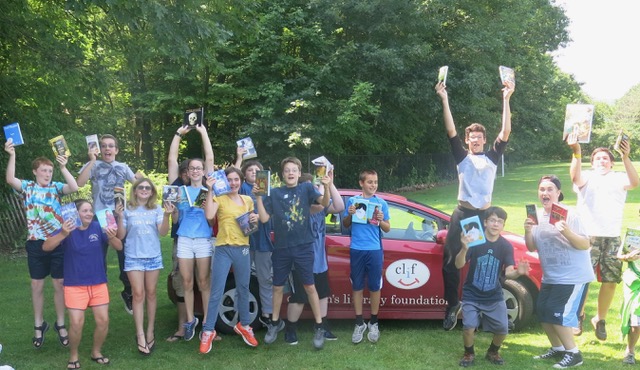
The health benefits of physical activity are many. Physical activity is crucial for cognitive, physical, emotional and social development, especially in a child’s early years. Children as early as toddlers require physical activity for good health, development of motor skills and physical development. Physical activity like running, throwing, catching or jumping helps strengthen the muscles in their arms, legs and spinal cord, all during play.
Motor Skills
Motor skills or Fundamental Motor Skills (FMS) are the fine movements activated and controlled by small muscle groups in the body. Gross Motor Skills (GMS) are the body’s movements operated by the large muscle groups. GMS are required to help move your body from one place to another and develop its center of gravity and skills to control objects. While your everyday tasks are enabled by gross motor skills, tasks which require hand-eye coordination are characterized by fine motor skills.
According to What To Expect, “From birth to about 4 months, a newborn’s grasp reflex, or palmar reflex, will enable your baby to grasp and hold tightly anything (like Mom’s finger) pressed into the center of his palm. As your baby outgrows this reflex, he’ll discover other ways to use his fingers. It takes lots of practice for tots to coordinate the many movements necessary to perform these skills. Running and jumping isn’t as simple as they look!” However, playing does not just build motor skills, but it also teaches the techniques of coordination and dexterity and inculcates physical activity for a lifetime.
Also, children’s motor skills are linked to other health outcomes like cognitive development, obesity, and cardiorespiratory fitness, etc. Hence it is vital to help your child develop and improve ways to structure their motor skills to achieve overall well-being.
Physical Development and Health
The early physical development of a child is related to the many aspects of a child’s health. Introducing physical activity from childhood can set a strong foundation in helping maintain and facilitate an active and healthy lifestyle throughout their lives. According to reports published by the World Health Organization, an estimated 41 million children under the age of 5 were overweight. Disregarding physical activity in early childhood can result in various health issues.
With the increase in technological advancements, outdoor activities are quickly being replaced by indoor activities like watching television, playing video games, etc. An average of 120 minutes of physical activity every day is required to keep your child healthy and active. Let us understand how to guide your child in inculcating a healthy and active lifestyle for them both indoors and outdoors.
Outdoor Motor Activity
Outdoor spaces provide children with the opportunity to try many physical activities which can strengthen their muscles. Try and variate their experiences or activities in order to aid in diverse development.
• Obstacle races for brain and physical development
• Swimming and water sports for agility and strength
• Outdoor sports involving catching, throwing, kicking, balancing or riding for hand-eye coordination
• Musical instruments for brain development
• Or simply having fun at a playground helps in both physical and cognitive development
Indoor Motor Activity
Children can do a lot of things in indoor spaces to help build their skills and strength.
• Dancing to their favorite songs can alleviate their moods while engaging in physical activity
• Arts and craft activities help in boosting fine motor skills and creativity
• Building blocks, gardening and planting, lifting or pulling, etc. for skill building
• Role-playing different animals or cartoon characters to develop their knowledge and understanding of their surroundings.
Children who are exposed to physical activity and motor skill development turn into better learners when they start school. For instance, if your child loved building blocks, he would easily take to holding a pencil as he has been able to hone his motor skills in the process. Research shows that teaching children alphabets or numbers do not actively aid in the process of cognitive development compared to physical activities.
Studies have shown that children who were involved in sports activities scored better in mathematics, reading, and development of speech as compared to children who did not play any sport. Children also showed a flair for memory and cognitive control through physical activity, especially among children who practiced any form of martial arts. Cognitive control will help your child remember her lessons and perform well academically. Physical activity should be encouraged in children by adding fun elements to make it an enjoyable experience. Guide their curiosity, creativity, and energy in a way that boosts their cognitive and physical development.
Author Bio: Roselin Raj is a journalist and a writer. She has been writing extensively on health and wellness related topics for over a decade. Besides her professional interests, she loves a game of basketball or a good hike in her free time to fuel her spirits. “Health is wealth” is one motto of life which she lives by, as well as advocates to every reader who comes across her blogs.



